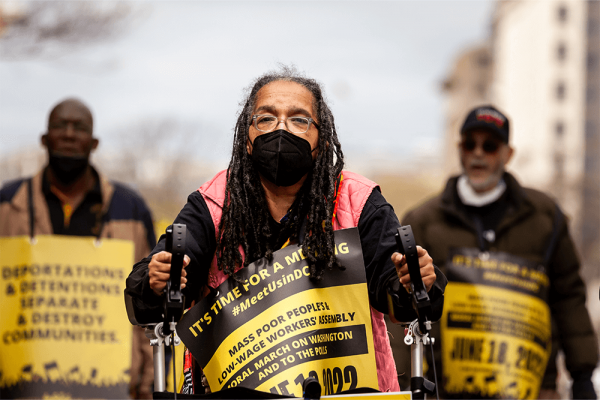Jun 16, 2022
Movements matter. When we join with others to make our voice heard, we have the power to spark people’s moral imagination and galvanize greater urgency to address issues that rarely show up in headlines or political priorities. This Saturday, the Poor People’s Campaign will convene on the National Mall in Washington, D.C., to address one of these overlooked crises: poverty.
Read the Full Article

Already a subscriber? Login
